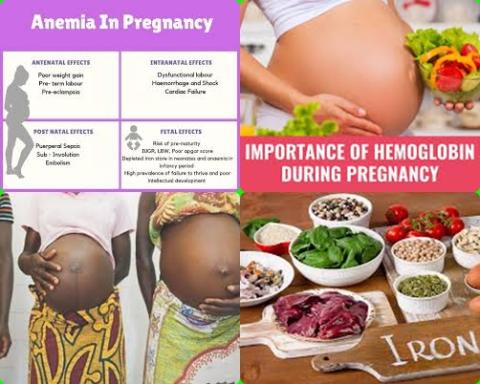
Objectives:
Micronutrients’ deficiency is a common phenomenon among a majority of the population residing in the low- and middle-income countries (LMICs) especially among women and children. Given the widespread prevalence of micronutrients’ deficiency in LMICs, iron-fortified foods could be of potential benefits for both the mother and the development of fetus. Therefore, this review article has been conducted.
Does iron fortification increase hemoglobin (Hb) concentration during pregnancy and have iron fortification positive effects on specific maternal and pregnancy outcomes?
Study design:
This review article included 12 RCTs (n = 3,872).
The weighted mean difference (WMD) and relative risk (RR) were calculated using random-effects models. Sources of heterogeneity were explored through meta-regression.
The funnel plot was symmetrical, indicating that there was absence of any publication bias which was confirmed using Egger's weighted regression method [Egger test, ρ = 0.69].
Results and conclusions:
The investigators found the mean change in hemoglobin concentration was significantly higher in the group of mothers with iron fortification when compared with the control group [WMD = 4.45 g/L, 95% CI = 2.73 to 6.17 g/L, I2 = 83%, ρ 0.00001].
The investigators found in meta-regression analysis that the duration of feeding was positively associated with the effect size.
The investigators concluded iron fortification increases hemoglobin (Hb) concentration during pregnancy. Further research is required to explore the benefits of iron fortification on maternal and neonatal health outcomes during pregnancy.
Original title:
Meta-analysis Approach on Iron Fortification and Its Effect on Pregnancy and Its Outcome Through Randomized, Controlled Trials by Athe R, Dwivedi R, […], Banset U.
Link:
https://www.ncbi.nlm.nih.gov/pmc/articles/PMC7114015/
Additional information of El Mondo:
Find more information/studies food fortification and iron right here.